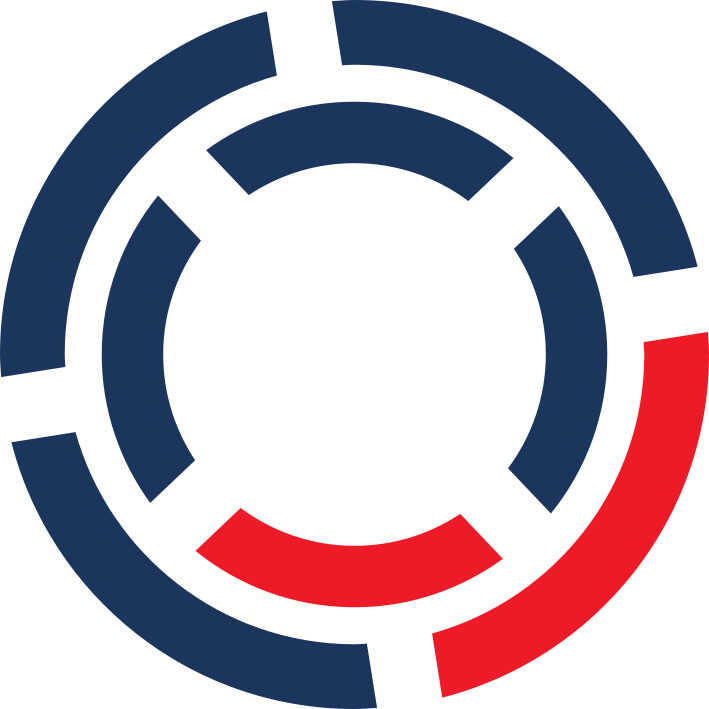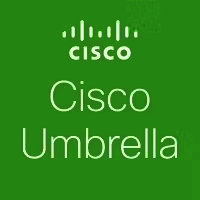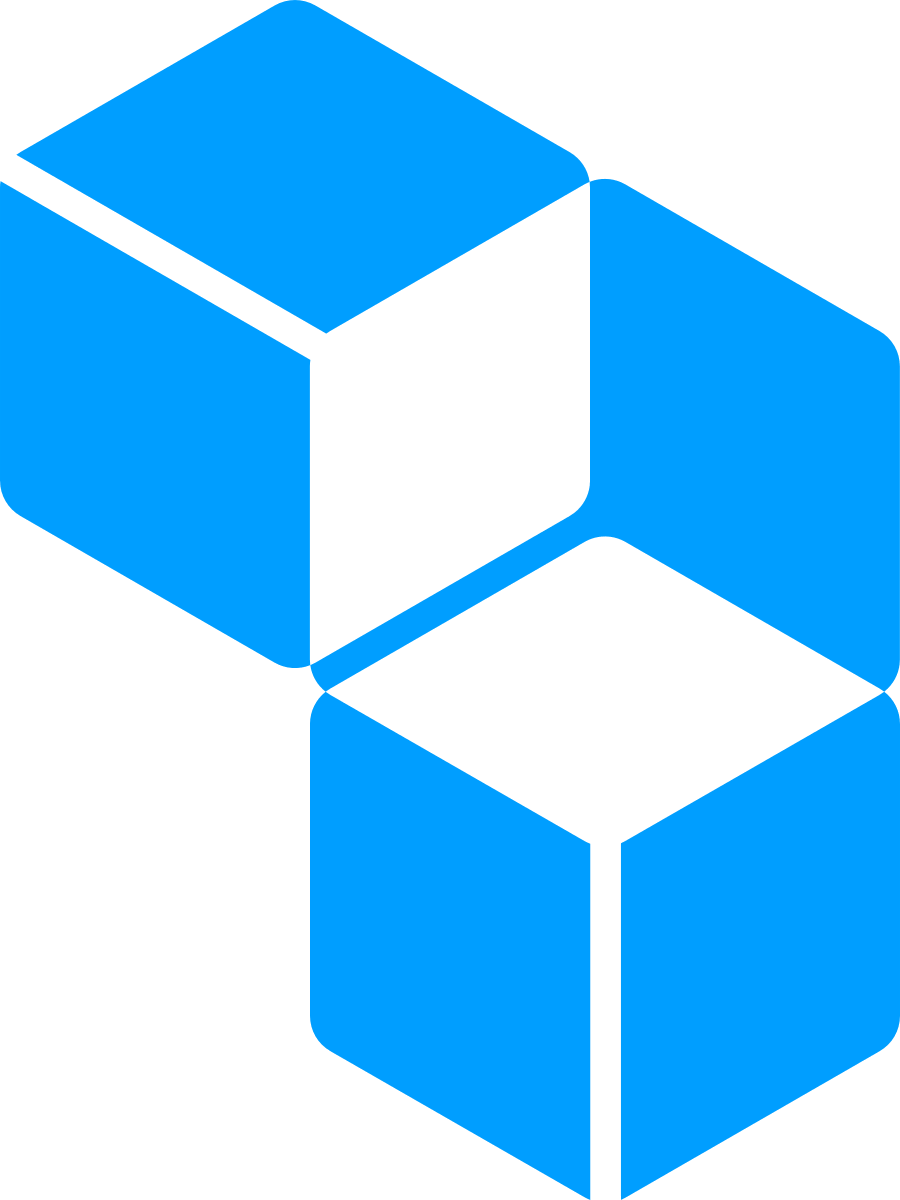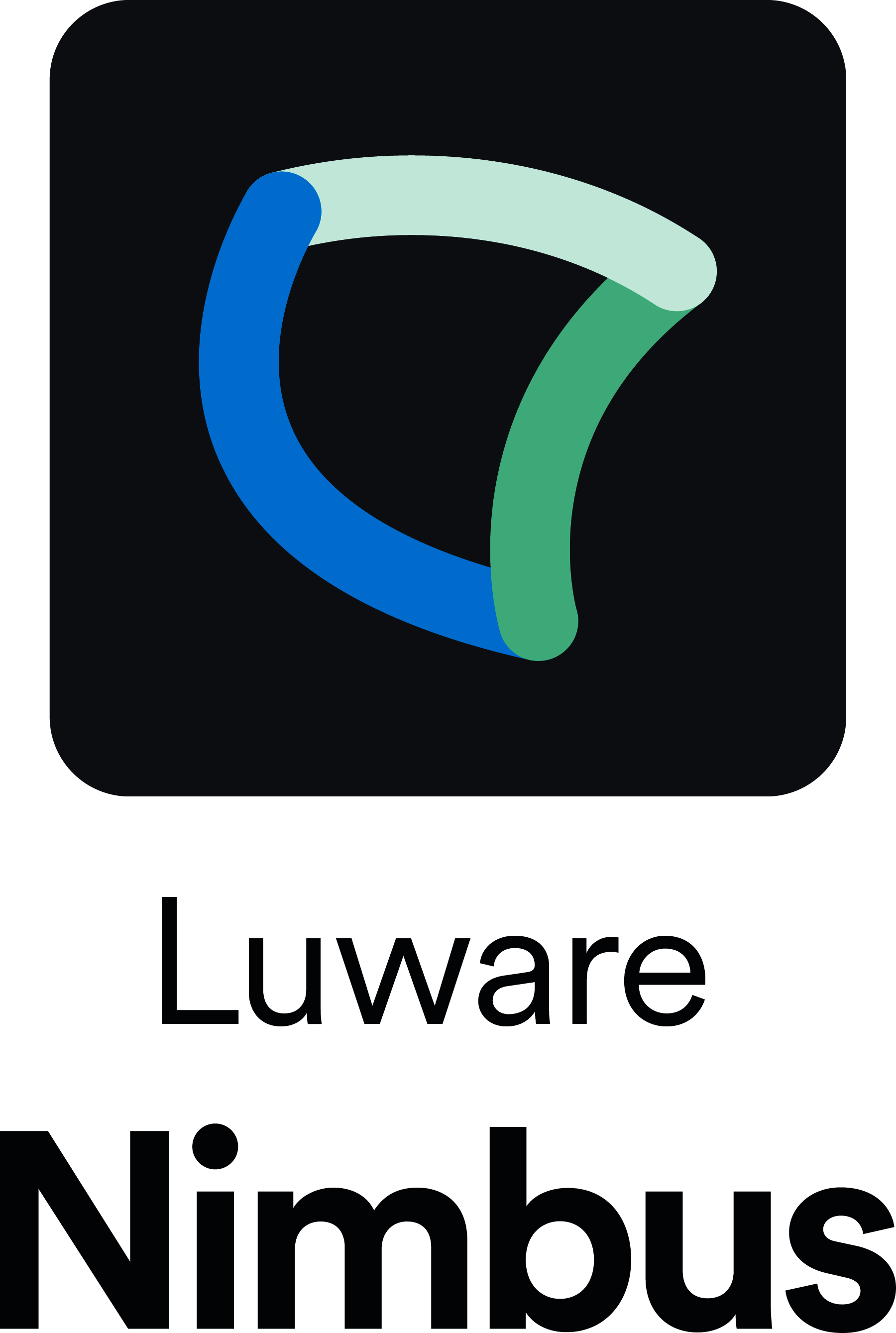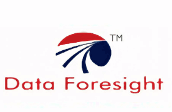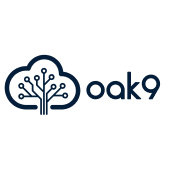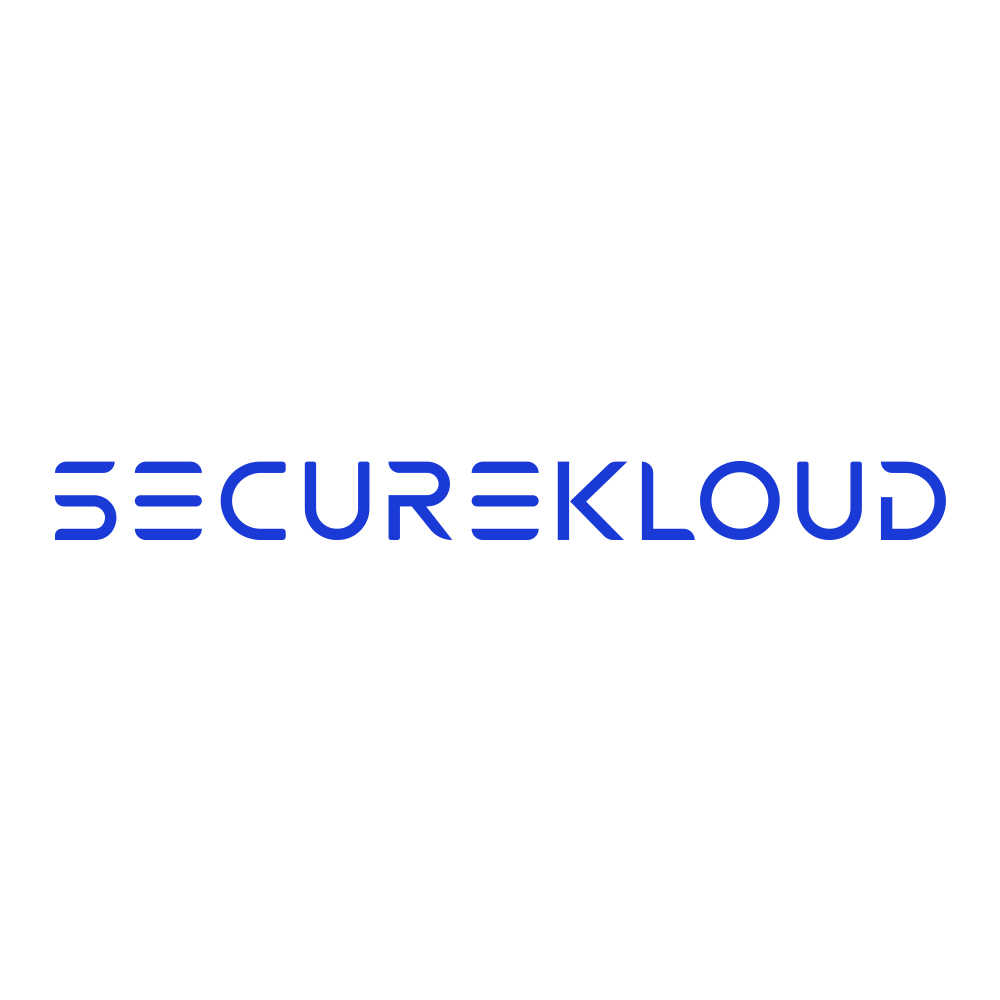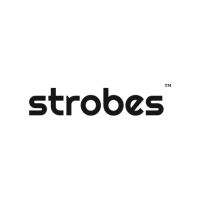What Is Cloud Security Software?
Cloud Security Software is a form of software that protects and secures data and applications hosted in the cloud. With the growing usage of cloud computing in businesses and organizations, the need for strong security measures to protect sensitive data is greater than ever. Cloud Security Software provides a variety of features and functionalities to protect the security and privacy of data in the cloud, making it an essential tool for any enterprise that uses cloud technology.
Encryption is a key element of Cloud Security Software, as it allows for safe data storage and transmission. This entails turning ordinary text into a coded format that is unreadable to anybody without the appropriate decryption key. This ensures that even if the data is intercepted, it cannot be decoded by unauthorized users.
Furthermore, some Cloud Security Software provides advanced encryption methods, such as data-centric encryption, which secures specific chunks of data rather than the full file. Access control is a key feature of Cloud Security Software. This feature allows administrators to control who has access to specific data or applications in the cloud.
Individuals with role-based access control are only provided access to the resources required for their specific position, lowering the risk of internal data breaches. Furthermore, some Cloud protection Software supports multi-factor authentication, which adds another degree of protection by forcing users to give multiple forms of identification before accessing the cloud.
Cloud Security Software also contains functions such as intrusion detection, vulnerability scanning, and threat intelligence. These assist in detecting and preventing assaults, malware, and other possible dangers to the cloud infrastructure. Organizations can use these tools to detect and respond to security breaches in real time, limiting their impact on operations.
When looking for Cloud Security Software, you must examine if your firm uses a public, private, or hybrid cloud implementation. Some Cloud Security Software is tailored to specific cloud settings, thus it is critical to select one that is compatible with your cloud configuration. In addition to the aforementioned advantages, there are numerous more variables to consider when choosing Cloud Security Software, including scalability, integration with other security solutions, and compliance with industry requirements.
To make an informed decision, it is recommended that you thoroughly investigate and compare various possibilities to determine which one best meets your organization's requirements and budget. Overall, investing in a dependable Cloud Security Software is critical for protecting the confidentiality, integrity, and availability of your cloud-stored data and applications. With its different features and functionalities, it offers a comprehensive security solution that assists enterprises in mitigating potential threats and protecting sensitive data.
What Are The Recent Trends In Cloud Security Software?
As the use of cloud computing grows, businesses recognize the importance of effective security measures to secure critical data. As a result, the market for cloud security software has expanded significantly, with new trends and advances emerging to satisfy the industry's evolving demands.
we will look at the latest trends in cloud security software to help you make an informed purchase for your company.
1. Higher Adoption Of AI And Machine Learning: One of the most significant advances in cloud security software is the integration of artificial intelligence (AI) and machine learning (ML) technology. These developments enable real-time danger identification and response, eliminating the need for human interaction. AI and ML systems can evaluate data fast and spot unexpected patterns or activities, allowing for a more proactive approach to security.
2. Focus On Identity And Access Management (IAM): IAM has become an essential component of cloud security because it enables enterprises to govern and monitor access to their data in the cloud. With the development of remote work and bring your own device (BYOD) regulations, the demand for robust IAM solutions has grown even more acute. Recent advances in cloud security software include the incorporation of IAM capabilities like multi-factor authentication, single sign-on, and role-based access control.
3. Container And Serverless Security: Containerization and serverless computing are becoming increasingly popular among enterprises as they provide flexibility and scalability for their applications. However, these new technologies present new security issues. Cloud security software solutions increasingly include features intended specifically for container and serverless systems, protecting against threats to these infrastructures.
4. Concentrate On Compliance And Regulatory Rrequirements. Many firms are required to follow severe compliance standards, such as GDPR, HIPAA, or PCI DSS. Cloud security software is now being created to fulfill these legal requirements, including capabilities that help enterprises stay compliant in the cloud. This includes data encryption, audit trails, and real-time monitoring to detect compliance issues.
5. Integration With Cloud Service Providers: Major cloud service providers, like Amazon Web Services, Microsoft Azure, and Google Cloud, provide their own security solutions to their customers. As a result, cloud security software is increasingly being integrated with these platforms, offering businesses with a more smooth and complete security solution.
Benefits of Using Cloud Security Software
Cloud security software is critical for businesses of all sizes because it protects sensitive data and creates a safe environment for storing information and conducting online transactions.
we will go over the primary benefits of adopting cloud security software and how to make an informed decision when selecting the best solution for your firm.
1. Improved Data Security: With the growing risk of cyber assaults, firms must have strong security measures in place to protect their data. Cloud security software uses powerful encryption techniques and multi-layered security mechanisms to safeguard data from unauthorized access. This ensures that your important data is secure and inaccessible to hackers.
2. Centralized Security Management: Managing security across numerous devices, applications, and users can be difficult. Cloud security software offers a consolidated platform for managing security across several devices and applications. This makes it easy to monitor, track, and update security policies in real time.
3. Cost Savings: Traditional on-premises security solutions necessitate costly hardware and software installs, ongoing maintenance, and dedicated IT professionals to operate them. Cloud security software, on the other hand, is a more cost-effective solution because it eliminates the need for hardware installations and lowers maintenance expenses. Furthermore, it has a subscription-based strategy, which means you only pay for the services you require.
4. Scalability: One of the primary benefits of cloud security software is its scalability. As your organization grows, you can quickly scale up your security requirements without the need for extra hardware or software installs. This enables a flexible and agile security infrastructure that can respond to your organization's changing needs.
5. Increased Efficiency: Cloud security software saves time and money. It removes manual security processes through automation and centralized management, allowing your IT team to focus on more important responsibilities. This increases overall productivity and efficiency, allowing your business to run smoothly without interruptions.
6. Disaster Recovery: Data loss or disruptions caused by cyber assaults, natural catastrophes, or human mistake can have catastrophic consequences for enterprises. Cloud security software has strong disaster recovery capabilities, ensuring that your essential data is consistently backed up and saved in numerous locations. This provides for a speedy recovery and little downtime in the event of an unexpected incident.
Important Factors to Consider While Purchasing Cloud Security Software?
When it comes to protecting data security in the cloud, selecting the appropriate cloud security software is critical. With an increasing amount of cyber attacks and data breaches, it is critical to have strong security measures in place. However, with so many options available on the market, it might be difficult for purchasers to choose the best cloud security software.
To help simplify the process, here are some key aspects to consider when selecting cloud security software.
1. Security Features: The key purpose for investing in cloud security software is to safeguard your data against cyber threats. As a result, it is critical to look for software that includes extensive security features like firewalls, intrusion detection and prevention, data encryption, and access control. It should also include threat intelligence and constant monitoring so that prospective attacks may be detected and responded to immediately.
2. Compatibility: Before purchasing any cloud security software, make sure it works with your current cloud infrastructure. It should work easily with your cloud service provider and other applications to avoid compatibility difficulties.
3. Scalability: As your business develops, so will your data. It is critical to select cloud security software that can handle your present data volume and scale up as it increases without affecting speed. This will spare you the difficulty and expense of moving to a new system in the future.
4. User-Friendly Interface: The cloud security software's interface should be straightforward and easy to use. It should be simple to use and understand, especially for non-technical users. A convoluted interface may cause problems and impede the security procedure.
5. Cost: The cost of cloud security software is an important issue to consider. It is critical to strike a balance between the features available and the cost. Evaluate the pricing models provided by several providers and select the one that best meets your budget and needs.
6. Customer Help: Reliable customer help is critical in the event of a technical problem or a question. Choose a vendor who provides 24-hour customer assistance and has a track record of addressing issues quickly.
7. Reputation And Reviews: Before acquiring any software, look into the vendor's reputation and read reviews from other consumers. This will offer you an idea of the quality of their goods and customer service.
8. Compliance And Regulations: Depending on the nature of your business, you may be required to follow specific regulations and security measures. Make certain that the cloud security software you select satisfies all regulatory criteria and holds the relevant certifications.
What are the key features to look for in Cloud Security Software?
Purchasing dependable and strong cloud security software is essential for safeguarding your company's data and apps on the cloud. Having the appropriate tools and features in place to protect your sensitive data is crucial given the rise in cyber threats and data breaches. Here are some essential characteristics to consider in order to make an informed choice if you're looking for cloud security software:
1. Encryption And Data Protection: When selecting a cloud security software, one of the most important factors to take into account is its encryption and data protection features. Strong encryption techniques should be provided by the software to protect your data from unwanted access. Additionally, it should contain safeguards against data loss to keep private data from escaping your network.
2. Authentication And Access Control: To guarantee that only authorized users can access your cloud resources, a trustworthy cloud security software should include robust authentication and access control features. This covers single sign-on choices, role-based access management, and multi-factor authentication. These elements can guarantee adherence to security laws and assist prevent data breaches.
3. Real-Time Monitoring And Alerting: The ability to monitor and notify in real-time is another important characteristic to watch out for. Your cloud environment should be regularly monitored by your cloud security software, which should also notify you of any unusual activities or possible threats. This will reduce the possibility of a security breach and allow you to act right away.
4. Vulnerability Scanning And Management: Strong vulnerability scanning and management features should be included in any excellent cloud security software. It should routinely check your cloud infrastructure for vulnerabilities and give you useful information so you can fix them right away. By being proactive, you may stop fraudsters from taking advantage of your cloud resources.
5. Compliance And Reporting: Your cloud security software should assist you in maintaining compliance, which is crucial for any business. Seek out software that provides compliance management tools for industry standards such as PCI-DSS, GDPR, and HIPAA. To assist you in monitoring and assessing your security posture, it should also offer extensive reporting features.
6. Cloud Provider Compatibility: Verify that the cloud security software you select is compatible with each of the cloud providers you use. It should offer centralized visibility and control for improved security management, as well as a smooth integration with your cloud resources.
7. 24/7 Technical assistance: Finally, when choosing the best cloud security software, take into account the availability of 24/7 technical assistance. Having a responsive support staff might be crucial to the seamless operation of your security activities in the event of problems or inquiries.
Why Do Businesses Need Cloud Security Software?
Cloud computing is becoming increasingly important to businesses for data management, communication, and storage. Although the cloud provides flexibility and convenience, it also poses new security threats. Businesses now need to invest in cloud security software because cyberattacks are becoming more frequent and sophisticated. Above all, cloud security software offers defense against outside dangers like malware, phishing scams, and hackers.
To protect data stored in the cloud, it provides sophisticated capabilities including intrusion detection, access control, and encryption. This guarantees the confidentiality and safety of vital company data. Additionally, companies frequently have to abide by a number of industry rules and guidelines, including GDPR and HIPAA. Heavy fines and harm to the company's reputation may follow noncompliance.
By offering data encryption, audit logs, and other compliance-related capabilities, cloud security software assists companies in meeting these standards. Monitoring and controlling data access is a key advantage of utilizing cloud security software. This is particularly crucial for businesses that use a variety of cloud services or have remote workers.
Businesses may regulate who can access what data, from where, and on what device by implementing identity management and access control features. This lessens the possibility of illegal access and aids in avoiding data breaches. Additionally, cloud security software provides disaster recovery and data backup features, shielding companies from data loss brought on by external events or internal mistakes.
This lessens the effect of any unanticipated events and guarantees business continuity. Finally, cloud security software gives companies a single platform to control and safeguard all of their cloud infrastructure. This improves the organization's overall security posture by streamlining the management process and lowering the possibility of human mistake.
How Much Time Is Required to Implement Cloud Security Software?
The complexity of the software, the size of the company, and the degree of customization required can all have a significant impact on how cloud security software is implemented. However, the average time to completely integrate a cloud security solution can range from a few weeks to several months. Evaluating the current security measures and looking for any possible weaknesses is the first stage in the implementation process.
Depending on the project's complexity and the organization's size, this step may take a few days to a week. The program must then be set up to satisfy the organization's unique security requirements. This can involve creating firewalls, establishing user access controls, and integrating with other security systems that are already in place.
It may take many weeks to finish this procedure, but it is essential to make sure the software is customized to meet the particular needs of the company. To make sure the program is operating correctly and offering the required level of security, it must be thoroughly tested after it has been configured. Depending on the software's complexity, this testing phase may take a week or a month.
All users and systems will eventually have access to the software, and instruction on how to operate and maintain the new security features will be given. Since it's crucial to make sure all users are at ease and aware of the new security procedures, this phase may take several weeks to finish.
Although putting cloud security software into place might take anything from a few weeks to several months, it is an essential investment to guarantee the security and protection of critical information and systems. To guarantee a successful and seamless implementation process, it is crucial to collaborate closely with the software vendor and make appropriate plans.
What Is the Level of Customization Available in Cloud Security Software?
The degree of customisation offered is one of the most important aspects to take into account when selecting cloud security software. Before making a purchase, it is critical to comprehend the degree of customization provided by various cloud security software because every organization has different security requirements and preferences. Each cloud security software product has a different degree of customisation.
Some might provide a great deal of flexibility, enabling customers to customize the security measures to meet their own needs. However, some software might offer a more uniform approach to security with fewer customization choices. Generally speaking, cloud security software can be customized at three different levels: basic, intermediate, and advanced.
Configuring fundamental security settings like password requirements, user access privileges, and data encryption is usually included with basic customisation. For small organizations with simple security requirements, this degree of flexibility is appropriate. Beyond the fundamental settings, intermediate customization enables users to set up more detailed security features including security rules, network access controls, and threat detection and prevention techniques. Medium-sized enterprises or those with modest security requirements can benefit from this degree of customization.
The highest level of customization, known as advanced customisation, gives consumers the greatest freedom to set up security settings to suit their specific requirements. Features like multi-factor authentication, sophisticated data encryption, and real-time threat intelligence may be included with this degree of personalization. For big businesses with intricate security needs, it is perfect.
The degree of customization that each cloud security program offers must be carefully evaluated in order to choose the one that best meets your company's requirements. Remember that increased personalization may result in higher expenses and a steeper learning curve. As a result, while choosing, it's critical to combine personalization and usability and to take your budget into account.
It is best to speak with the software vendor before buying and request a demo or trial version to check the degree of customization and determine whether it suits your demands. Additionally, to have a better grasp of the software's performance and customization capabilities, read reviews and ask other companies in your field for recommendations.
Which Industries can benefit the most from Cloud Security Software?
Overview: Businesses of all sizes and sectors are using the cloud for their apps and data storage in the current digital era. Although the cloud has many advantages, like cost savings, scalability, and efficiency, it also poses a serious security risk. Software for cloud security is useful in this situation. Cloud security software is made especially to guard against cyberattacks and data breaches involving sensitive data and apps stored on the cloud. Cloud security software is becoming more and more in demand as cloud computing becomes more widely used.
We will go over which industries stand to gain the most from cloud security software.
1. Financial Services Industry: Because of the sensitive nature of the data they store, including transaction data, financial records, and personal information, the financial services sector is one of the most popular targets for cyberattacks. Implementing cloud security software can help banks, investment businesses, insurance companies, and other financial institutions safeguard consumer data and stop financial losses.
2. Healthcare Sector: To store patient data, electronic medical records, and other vital information, the healthcare sector is also progressively embracing cloud computing. Nonetheless, one of the sectors most frequently targeted by cyberattacks is the healthcare sector. Cloud security software can assist healthcare firms in protecting patient privacy, preventing unwanted access to medical records, and complying with industry-specific requirements like HIPAA.
3. Government Institutions: From personal information about citizens to information about national security, government institutions deal with a lot of sensitive data. Strong cloud security software is essential as more government organizations go to the cloud in an effort to increase productivity and save costs. It aids in defending government data against insider threats, cyberattacks, and other security hazards.
4. Retail Sector: Another area that stands to gain a great deal from the use of cloud security software is the retail sector. Retailers are a prime target for hackers because they retain a lot of personal client data, such as addresses, credit card numbers, and past purchases. Retailers can safeguard their customers' trust, stop data breaches, and secure their data with the aid of cloud security software.
5. Education Sector: Cloud technology is being used more and more by schools, colleges, and other educational establishments to store sensitive research data, online learning platforms, and student and faculty data. Cloud security software can assist safeguard this vital data and guarantee adherence to student privacy rules in light of the increase in cyberthreats directed towards the education industry.
Conclusion
To sum up, companies of all sizes must invest in cloud security software to safeguard their systems and sensitive data from potential cyberattacks. As technology develops further, cloud computing has emerged as a key component of contemporary corporate operations. But it also means that there is a far higher chance of cyberattacks.
By providing cutting-edge features like encryption, access control, threat detection, and real-time monitoring, a trustworthy cloud security program can give you the protection and peace of mind you need. It also aids in protecting against data breaches and guaranteeing adherence to industry regulatory standards. Prior to making a purchase, you should carefully consider your company's needs and goals before weighing the different possibilities on the market.
Think at things like compatibility with your current systems, ease of deployment and usage, the degree of security provided, and—above all—the vendor's reputation and performance history. All things considered, companies trying to stay ahead in the current digital environment would be wise to invest in cloud security software. You may confidently take advantage of cloud computing's benefits while protecting your assets and sensitive data with the correct software.
We hope that the information in this buyer's guide has given you the knowledge you need to decide which cloud security software is ideal for your company.






